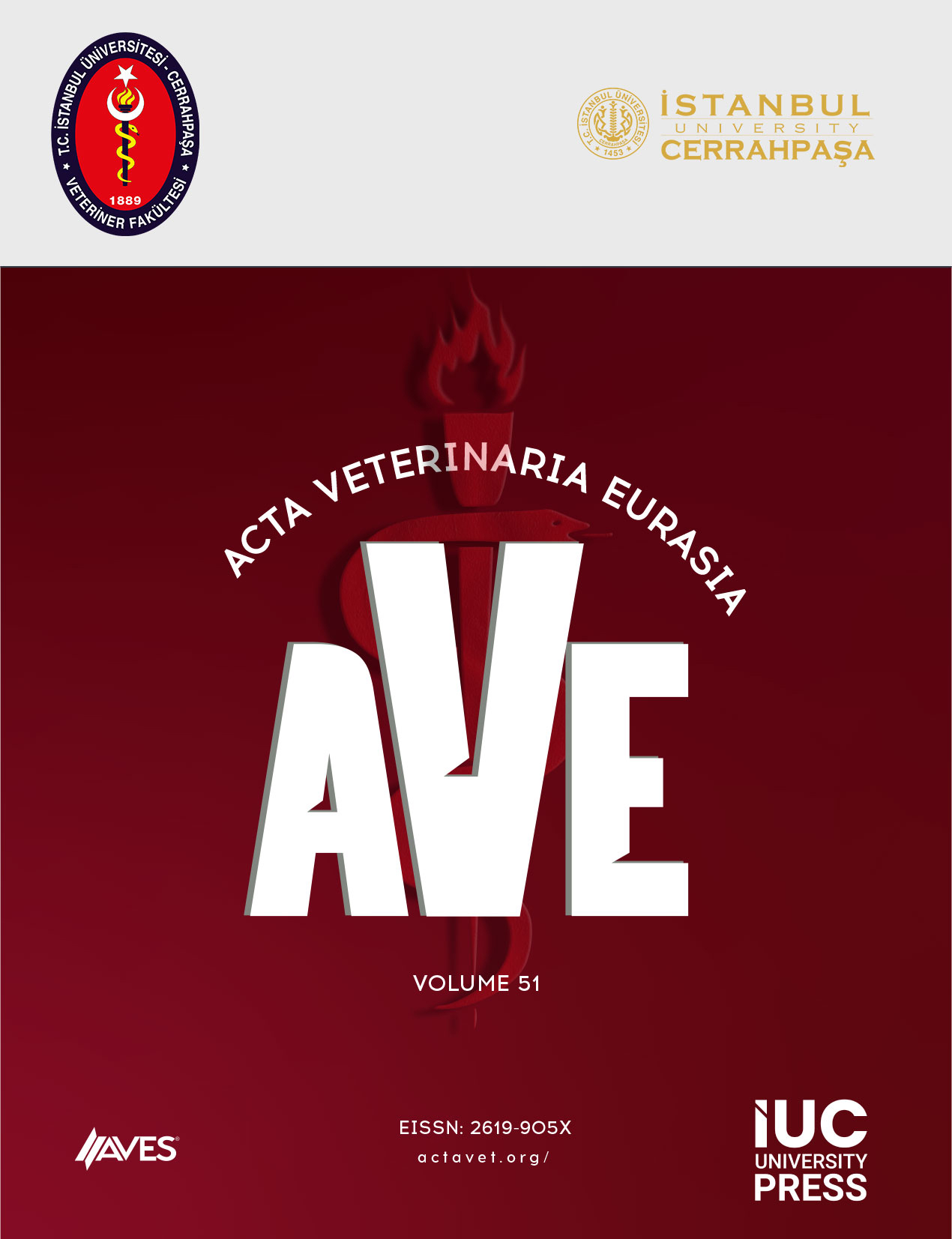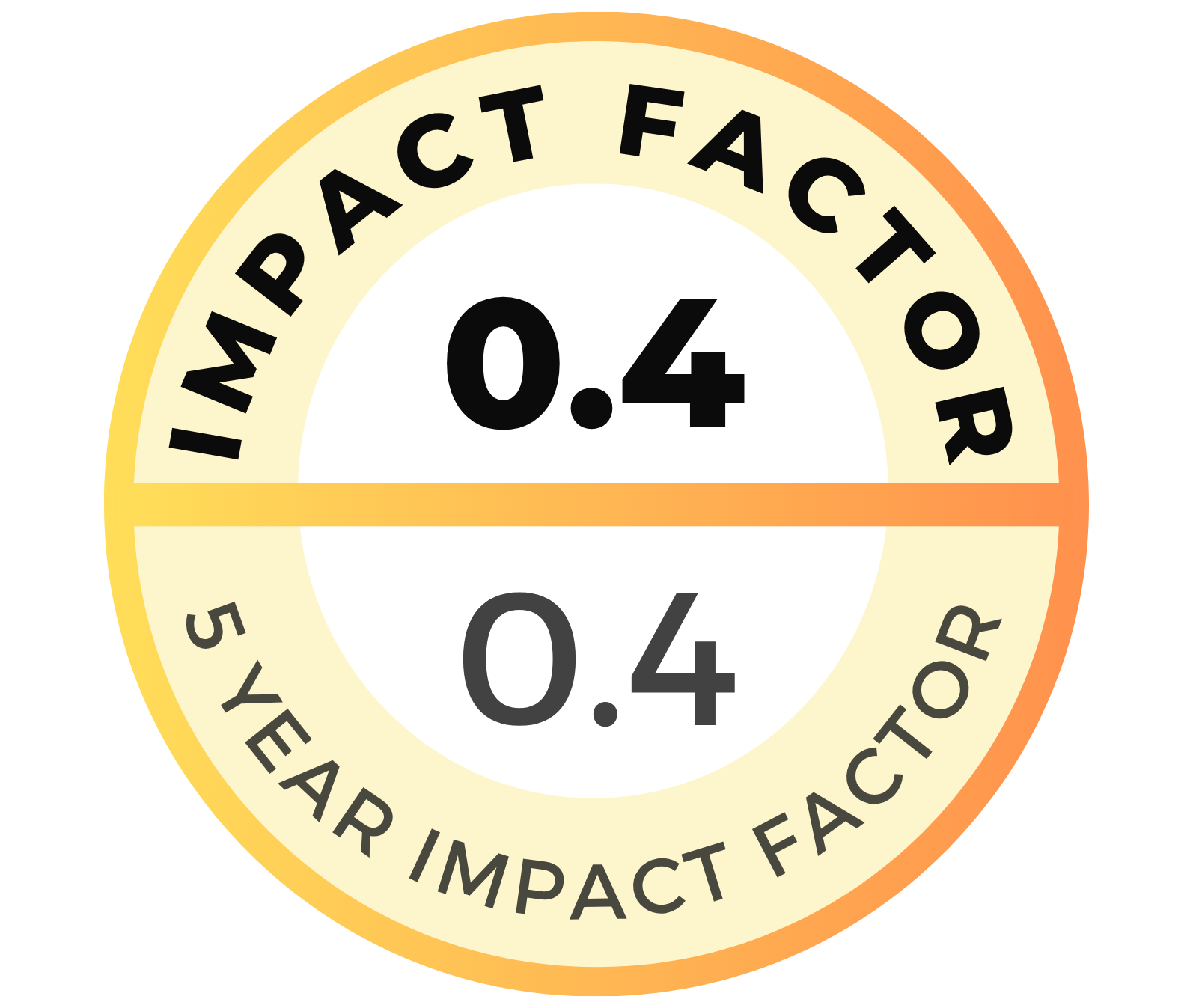The aim of this study was to determine the effects of rosemary (Rosmarinus officinalis L.) and sage (Salvia officinalis L.) extracts on in vitro ruminal fermentation using the long-term rumen simulation technique (RUSITEC). The RUSITEC system was equipped with six fermenters, each with a capacity of 1000 ml. Each fermenter received daily 5 g barley straw and 5 g barley. The experiment lasted 12 days. After an adaptation period of 6 days, the fermenters divided into 3 groups, first two vessels received no additives (control), second two vessels received 250 mg rosemary extract daily, and third two vessels received 250 mg sage extract daily. During the experimental period rumen fluid pH and protozoa number were determined and samples were collected for the analysis of ammonia nitrogen (NH3-N), volatile fatty acids (VFA) and dry matter digestibility. Rosemary and sage extracts had no effect on ruminal pH, total-VFA, propionate and butyrate production, total protozoa number, NH3 -N concentration and dry matter digestibility. However, acetate production and acetate/propionate ratio decreased (p < 0.05) when compared with the unsupplemented control fermenters. The results of this study showed that rosemary and sage extracts exerted beneficial effects on some fermentation parameters in the RUSITEC system. If these effects were also induced when these substances are added to the rations of ruminants, beneficial changes in the animals performance may be expected.





.png)